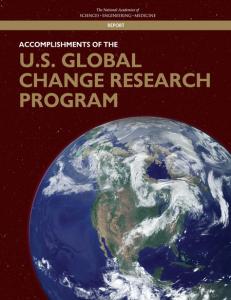King5: UW Student Wins Coveted Grant to Develop HIV Rapid Test
By LiLi Tan
University of Washington students are developing a test that could improve the lives of people around the world. It’s a credit card-sized HIV test called the OLA Simple.
“Very much looking like a pregnancy test. So there will be lines and you can know the result right away,” Nuttada Panpradist said. The Global WACh Certificate and fourth year bioengineering PhD student recently won a $50,000 APF Student Technology Prize for Primary Healthcare from Massachusetts General Hospital.


